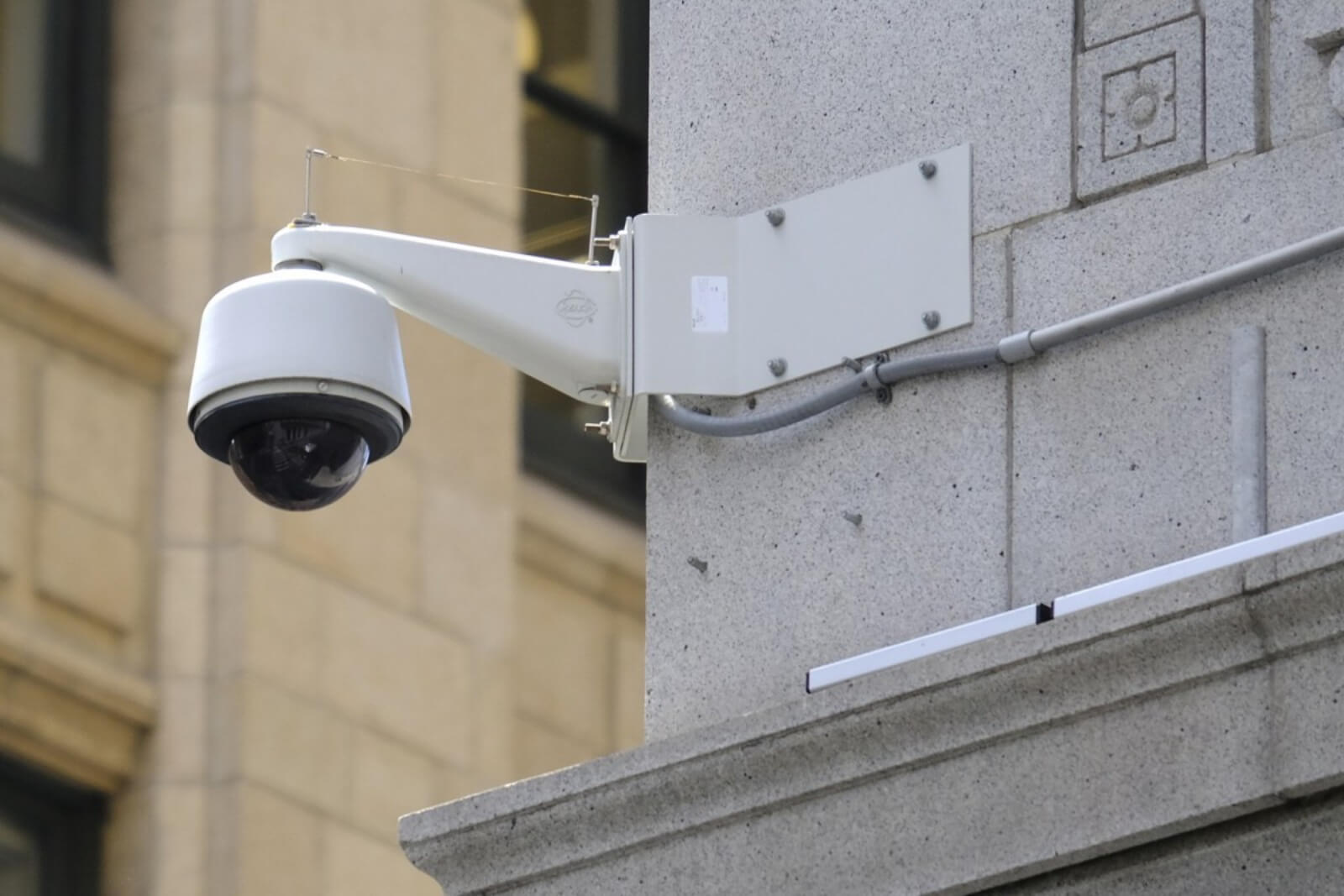What just happened? On Tuesday, legislators in San Francisco voted to ban the use of facial recognition by government agencies, making it the first US city to do so. This plan will forbid local agencies such as the city's transport authority and law enforcement to make use of the technology.
The proposal, called the Stop Secret Surveillance Ordinance, was lead by Supervisor Aaron Peskin, who regarded it as "an ordinance about having accountability around surveillance technology." The development marks a stark contrast to the swift deployment of this key technology by law enforcement agencies nationwide.
"This is not an anti-technology policy," said Aaron, acknowledging that many tools used by law enforcement are vital for the city's security but facial recognition technology is "uniquely dangerous and oppressive." The ordinance will require city agencies to get board approval prior to buying and the use of any new surveillance technology, while also setting up audits for existing surveillance equipment used in cases such as body cameras and ShotSpotter.
Civil rights and privacy advocates like the ACLU and those in favor of this move have pushed the notion that facial recognition technology is unreliable and can be misused for mass surveillance, infringe on people's privacy and liberty, and possibly lead to more false arrests, while opponents of the bill claim it will create hurdles in fighting crime and put people's safety at risk.

Once the new rule goes into effect, expected in about a month's time, the city's 53 departments would be banned from using this technology. "We all support good policing but none of us want to live in a police state," remarked Aaron Peskin.
The bill does not forbid residents and businesses in the city from using this technology for private use like home surveillance systems. "I think San Francisco has a responsibility to speak up on things that are affecting the entire globe, that are happening in our front yard."
The city's airport and seaport also remain unaffected by this bill as they are run by federal, not local, agencies.
